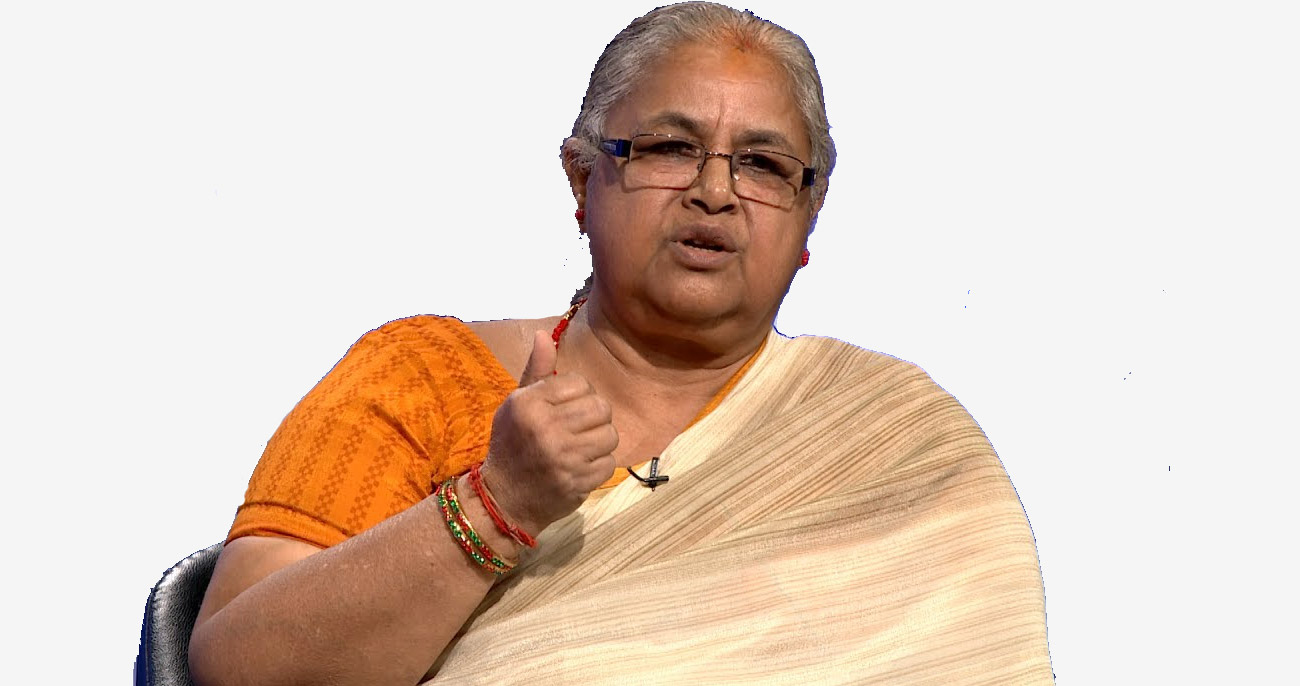
Former Chief Justice Sushila Karki has made serious allegations against the government for indulging in business in various sectors, including education and health. During the anniversary program of Dillibazar Kanya Multiple Campus, she stated that the government's trade in education and health has made it impossible for economically weak Nepalis to send their children to study.
According to Justice Karki, scholarships and concessions offered by the government are distributed in a non-transparent manner. She expressed her frustration by saying, "I don't even know who will get the scholarship, who will get the concession given by the government. Education has become a business. It wasn't like that before. Earlier, even the children of the poor could read whenever they wanted. Children of the poor could also become doctors. Now nothing happens without money."
She also highlighted the alarming situation in society where dead bodies taken to Aryaghat are traded, and donations are collected for cremation. The cost of cremation at Aryaghat has become expensive, and donations are now required to cremate bodies or conduct other rituals. She lamented that society has reached this state.
Former Chief Justice Karki emphasized that education should not be treated as a business and that social upliftment cannot happen if business is involved in education. She expressed her disappointment that the government is unable to provide basic necessities such as gas, housing, cotton, education, health, and employment to its citizens while political parties fight for power.
In her speech, Justice Karki pointed out that all traders are in the government. Her remarks highlight a larger issue of corruption and a lack of accountability in the Nepali government. The government must take immediate action to address these issues and ensure that education and other basic necessities are accessible to all citizens, regardless of their economic status.
The former chief justice's statements highlight the need for transparency and accountability in government policies and programs. It is essential to ensure that education and healthcare remain accessible to everyone and are not treated as profit-making ventures. By addressing corruption and promoting transparency, the Nepali government can work towards achieving social upliftment and promoting equality.





